JavaScript Library: Build Smarter Tech Stacks - Optimize JavaScript Stacks
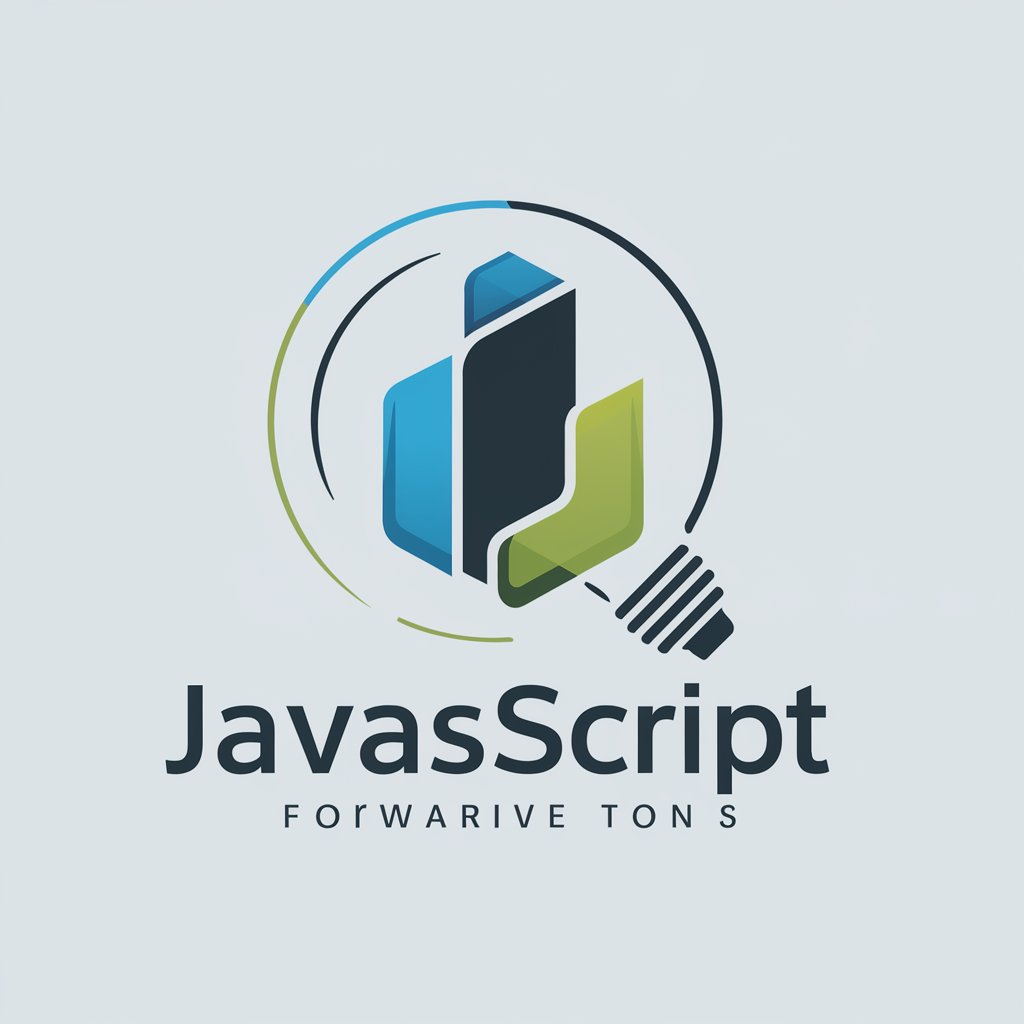
Welcome! Let's build smarter JavaScript tech stacks together.
Build smarter, AI-powered tech stacks
Explore the latest JavaScript libraries to enhance your tech stack...
Optimize your project's performance with the right JavaScript tools...
Discover how to maintain a robust and scalable JavaScript codebase...
Stay ahead in tech by selecting the best JavaScript frameworks...
Get Embed Code
Overview of JavaScript Library: Build Smarter Tech Stacks
The JavaScript Library: Build Smarter Tech Stacks initiative focuses on providing strategic guidance for constructing and managing efficient, scalable, and maintainable tech stacks using JavaScript libraries. It is designed to assist tech leads and developers in selecting the right JavaScript libraries that align with their project's requirements, team's expertise, and the long-term vision of their applications. By analyzing factors like library size, community support, update frequency, and documentation quality, this initiative helps in optimizing performance, ensuring compatibility, and fostering innovation. For example, when building a single-page application (SPA), it recommends using React or Vue.js based on the team's familiarity and project needs, coupled with appropriate state management libraries like Redux or Vuex, and utility libraries such as Lodash for optimized coding practices. Powered by ChatGPT-4o。

Core Functions of JavaScript Library: Build Smarter Tech Stacks
Library Selection Guidance
Example
Choosing React for building an interactive UI for a SPA project.
Scenario
A tech lead is tasked with developing a highly interactive SPA. The guidance provided helps them select React, considering the library's vast ecosystem, component-based architecture, and strong community support, ensuring a robust and maintainable codebase.
Performance Optimization
Example
Integrating Webpack for module bundling and asset optimization.
Scenario
For a project suffering from slow load times, the service recommends integrating Webpack to bundle modules efficiently, leading to improved application performance and faster loading times.
Compatibility and Integration
Example
Ensuring seamless integration of TypeScript with existing JavaScript libraries.
Scenario
A development team is transitioning to TypeScript for better type safety and code scalability. The service assists in selecting libraries that are compatible with TypeScript, facilitating a smooth integration process without compromising the existing functionality.
Security and Maintenance
Example
Adopting libraries with active maintenance and security updates.
Scenario
In a scenario where security is paramount, the service highlights the importance of using libraries like Express.js for server-side operations, known for its regular updates and active community, ensuring a secure and up-to-date tech stack.
Target User Groups of JavaScript Library: Build Smarter Tech Stacks
Tech Leads and Architects
Individuals responsible for making high-level design choices and defining the technical standards, including software coding standards, tools, and platforms. They benefit from this service by obtaining a clear roadmap for building scalable and maintainable tech stacks that align with their project goals and team capabilities.
Frontend and Full-stack Developers
Developers working on the frontend or handling both frontend and backend of web applications. They gain from understanding the latest and most efficient JavaScript libraries for building responsive and interactive user interfaces, ensuring the application is both powerful and user-friendly.
Project Managers
Project managers overseeing software development projects can use this service to ensure their teams are equipped with the best tools and libraries, aligning with project timelines, budget, and scope, while facilitating efficient project execution and delivery.

Getting Started with JavaScript Library: Build Smarter Tech Stacks
Begin Your Journey
Start by visiting yeschat.ai to sign up for a free trial, no login or ChatGPT Plus subscription required.
Explore the Documentation
Familiarize yourself with the library documentation to understand its capabilities, setup procedures, and configuration options.
Identify Your Needs
Evaluate your project requirements, including performance, scalability, and compatibility needs, to determine the most suitable libraries.
Integration and Testing
Integrate selected libraries into your project, ensuring compatibility with your existing tech stack. Utilize testing libraries to validate functionality.
Community and Support
Engage with the community via forums or GitHub for support, updates, and to contribute back by reporting issues or contributing improvements.
Try other advanced and practical GPTs
[3.3.13] Vue.js GPT
Elevate Your Vue.js Projects with AI
![[3.3.13] Vue.js GPT](https://r2.erweima.ai/i/cUTO6ZluSZuTSanD7LqpVQ.png)
PJ Q & A Coaching
Empowering Inquiries with AI

AI Life Coach
Empowering Your Journey Towards Self-Improvement

markovGUIDE
Visualizing probabilities, powering decisions.
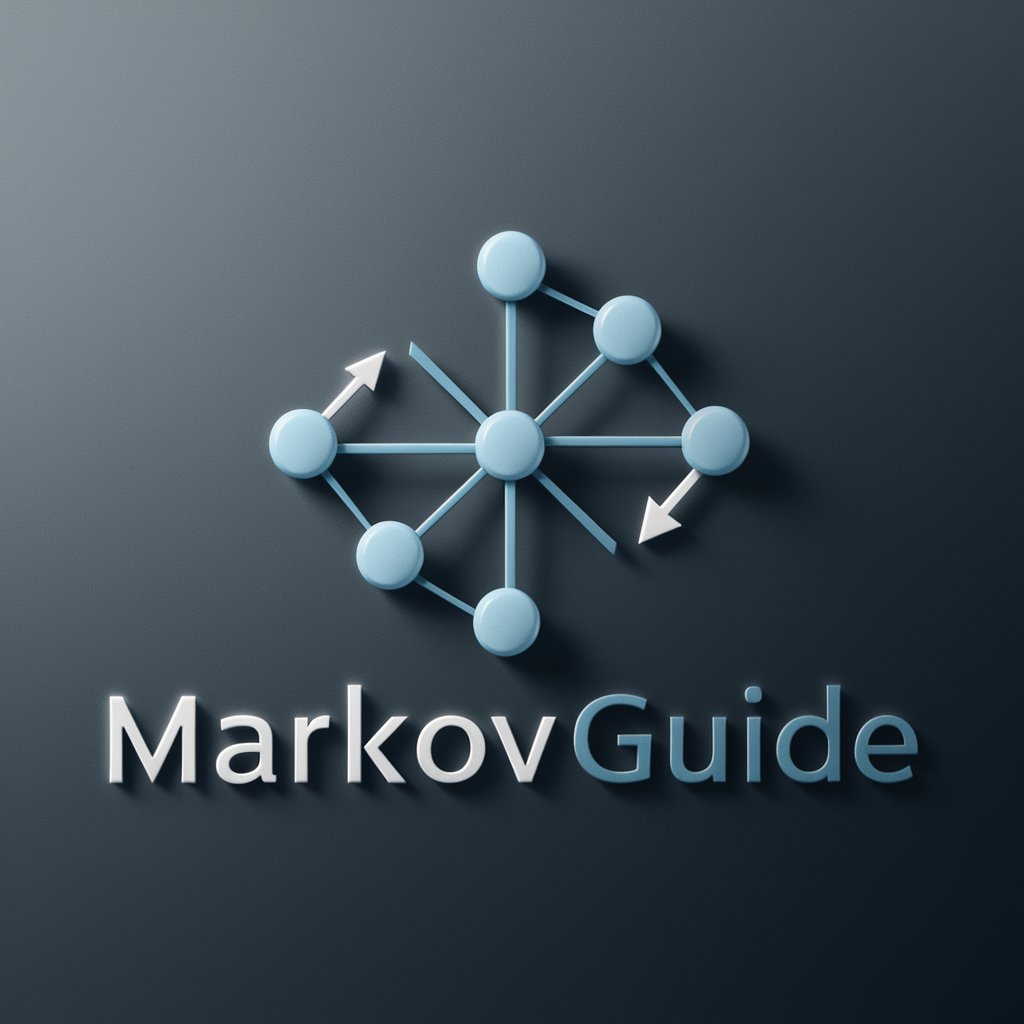
GPT Finder Pro
Find Your Perfect AI Match
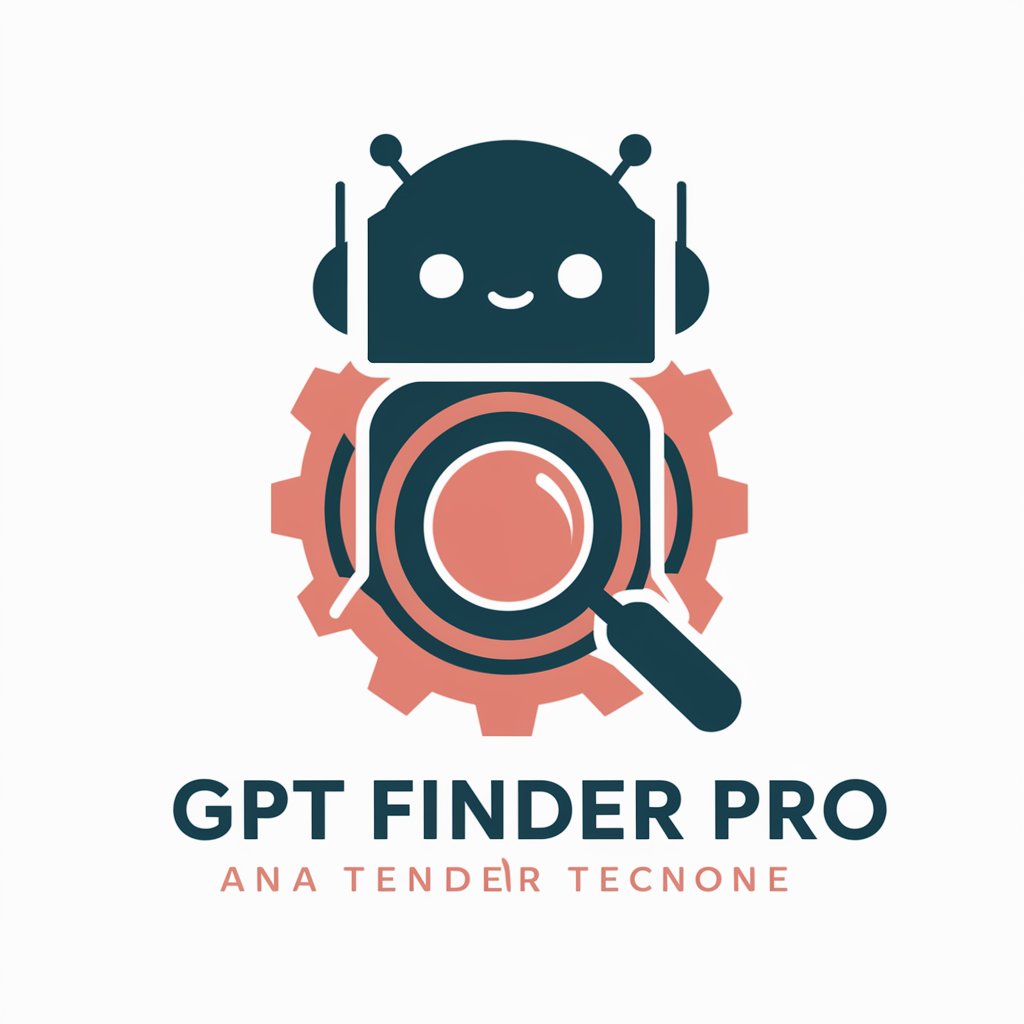
Guru
Enlighten your path with AI wisdom.

My Legal Research Assistant
AI-Powered Legal Insights

🚀 Mastering Idris's Code Generation
Automating Idris proof generation with AI.
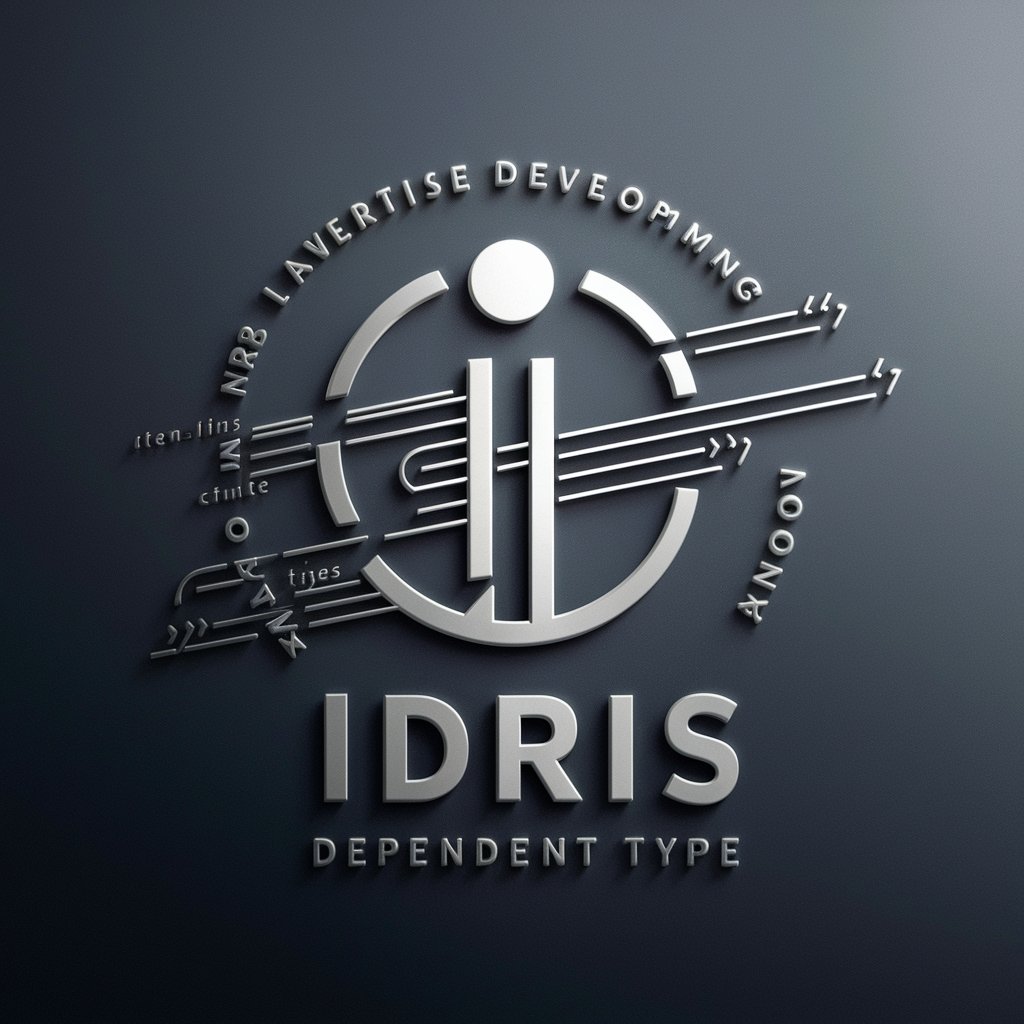
Rispheres Professional Translator
Translate Texts Seamlessly with AI

Globetrotter Travel Planner
Discover Hidden Gems with AI

🚀 Crystal Performance Profiling
Optimize Crystal apps with AI-driven profiling

Rust Revolution: Elevate Your Code with Efficiency
Empower your code with Rust's efficiency
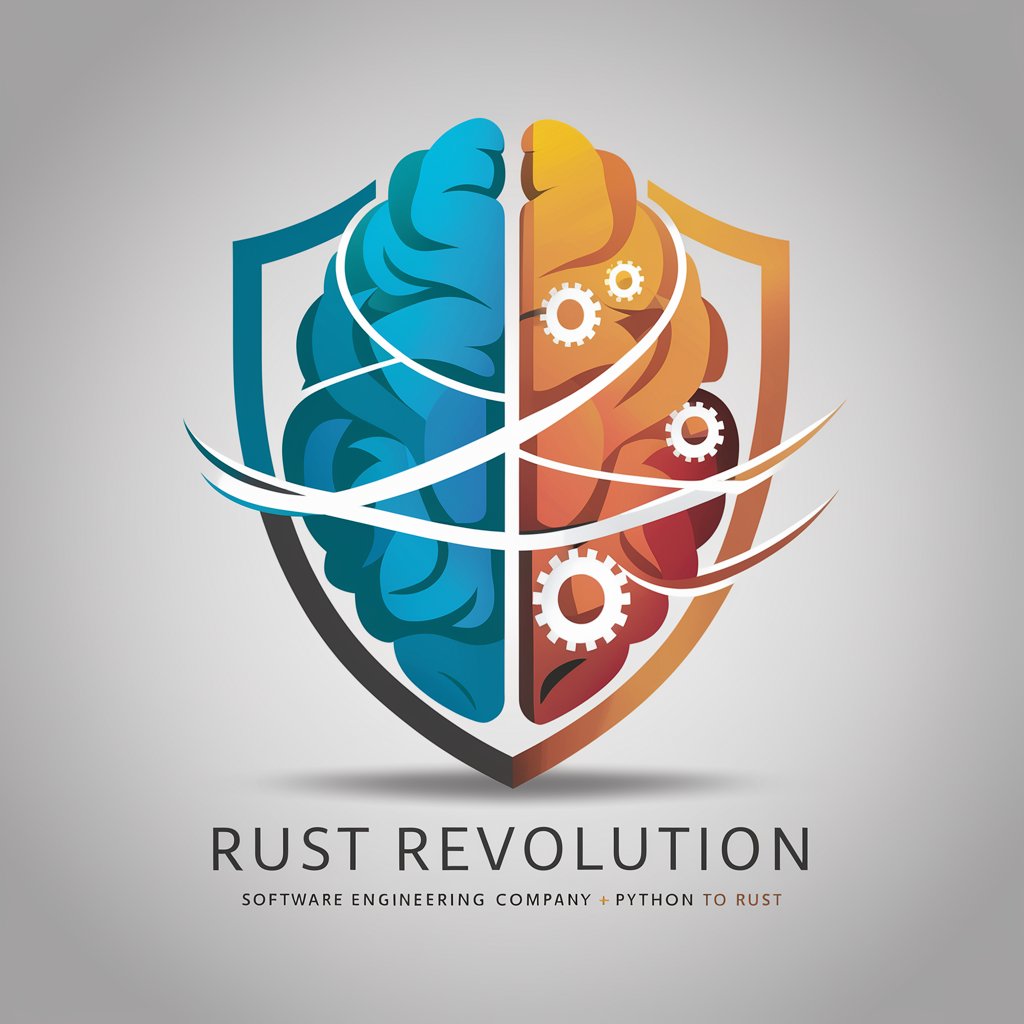
Frequently Asked Questions about JavaScript Library: Build Smarter Tech Stacks
What makes JavaScript Library: Build Smarter Tech Stacks unique?
This tool stands out for its comprehensive approach to building efficient tech stacks, focusing on performance optimization, compatibility, and maintainability. It offers tailored recommendations based on your project's specific needs and the team's skill set.
How does the library handle compatibility with existing tools?
It prioritizes libraries that seamlessly integrate with your current tech stack, offering compatibility assessments and suggestions for ensuring smooth integration and minimal disruption.
Can the library help with performance optimization?
Yes, it assists in selecting libraries that improve the overall performance of your projects, considering factors like load times, responsiveness, and efficient resource usage.
What kind of community support does the library offer?
The library is backed by a vibrant community, providing access to a wealth of knowledge, frequent updates, and a platform for troubleshooting and collaboration.
How does the library ensure the long-term viability of selected tech stacks?
It evaluates libraries based on their update frequency, community activity, and compatibility with future web standards, ensuring your tech stack remains relevant and maintainable.
